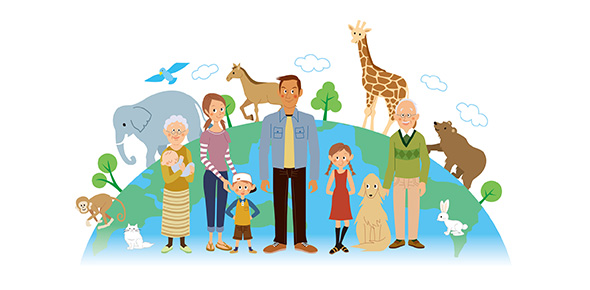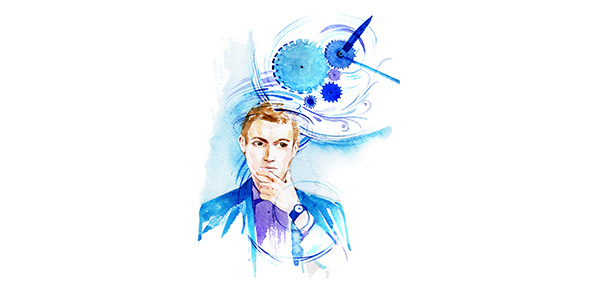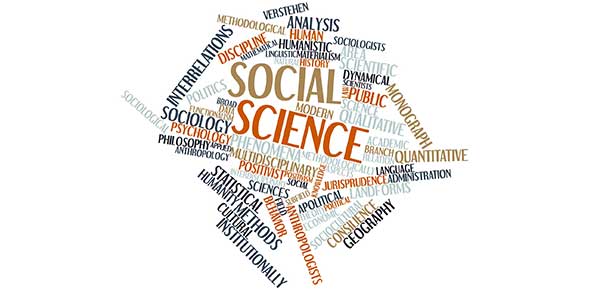Related Flashcards
Related Topics
Cards In This Set
| Front | Back |
|
Generalized Levels of Organization
|
Bands, Tribes, Chiefdoms, States.
|
|
Bands
|
Basic form of social organization. Small, (50-100 people) Kin-based, highly mobile, seasonal aggregation, leadership by consensus, no real power structure (Egalitarian)
|
|
Tribes
|
A bunch of bands that are aggregated. NOT what you've seen in the movies. Aggregation of interrelated bands. Flexible membership. Seasonal aggregation and dispersal. Leadership by consensus of band elders. Leadership is task specific short-term. Authority-based, not power based.
|
|
Tribal Infrastructure
|
Tribes tend to be organized around common resources such as land, water, or game animals. Foraging, or a combo of foraging with small-scale horticulture, and/or pastoralism.
EX: Custer's Last Stand. He thought 100 men would distract 5000 people from tribe, so he could chase after family going North, but because of ceremony they saw him. |
|
Simple Chiefdoms
|
Tend to form when key resources are dominated by one or a few lineages. Leadership is hereditary, as are the key resources though the exact nature and amount of inherited resources may be relatively limited. Essentially, one lineage has come to be more affluent than all others and has generated some marginal level of control.
|
|
Factional Competition
|
The competition between different social and political units that exist within a larger organization, such as rival lineages, within a chiefdom.
|
|
Paramount Chiefdom (Kingdom)
|
Develops when a simple chiefdom gains power over other simple chiefdoms, creating a hierarchy.
|
|
Chiefdoms and stability
|
Chiefdoms are unstable over long periods of time. Clever, energetic chiefs do well, less than energetic and clever chiefs may lose power to rival factions, perhaps even being overthrown. When things go well, chiefs get credit. When things go poorly, chiefs get blamed.
|
|
States
|
States break political control away from lineages. Power is vested in offices, not in lineages. Mechanisms exist for transferring power, and authority without major social and economic disruption (Doesn't mean transitions always proceed smoothly.)
|
|
New States
|
Often appear to be extensions of older chiefdom based on politics.
|
|
European Union
|
Essentially parallel to band elders in a tribal form. Leadership by consensus, some notions are more influential.
|
|
Political Integration
|
The process that brings disparate people under the control of a single political system.
|
|
Pan-tribal mechanisms
|
Mechanisms such as clans, age, grades and secret societies found in tribal societies that cut across kinship lines and integrate all the local segments of the tribe into a larger whole. (Major difference between bands and tribes.)
|
|
Clan
|
Group of kin who consider themselves to be descended from a common ancestor, even though individual clan members cannot trace, their connection to the clan founder.
|
|
Specialized Political Roles
|
Very specific tasks expected of a person or group, such as law enforcement, tax collection, dispute settlement, recruitment of labor and protection from outside invasions.
|







